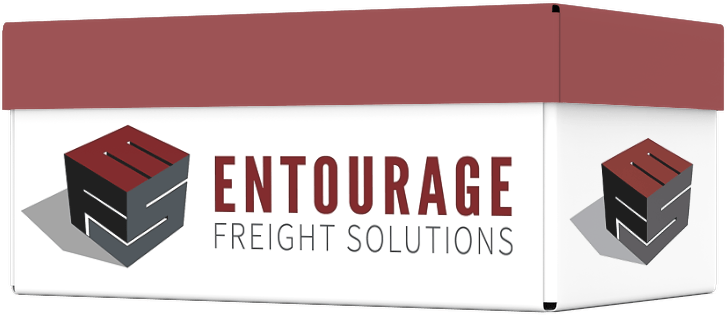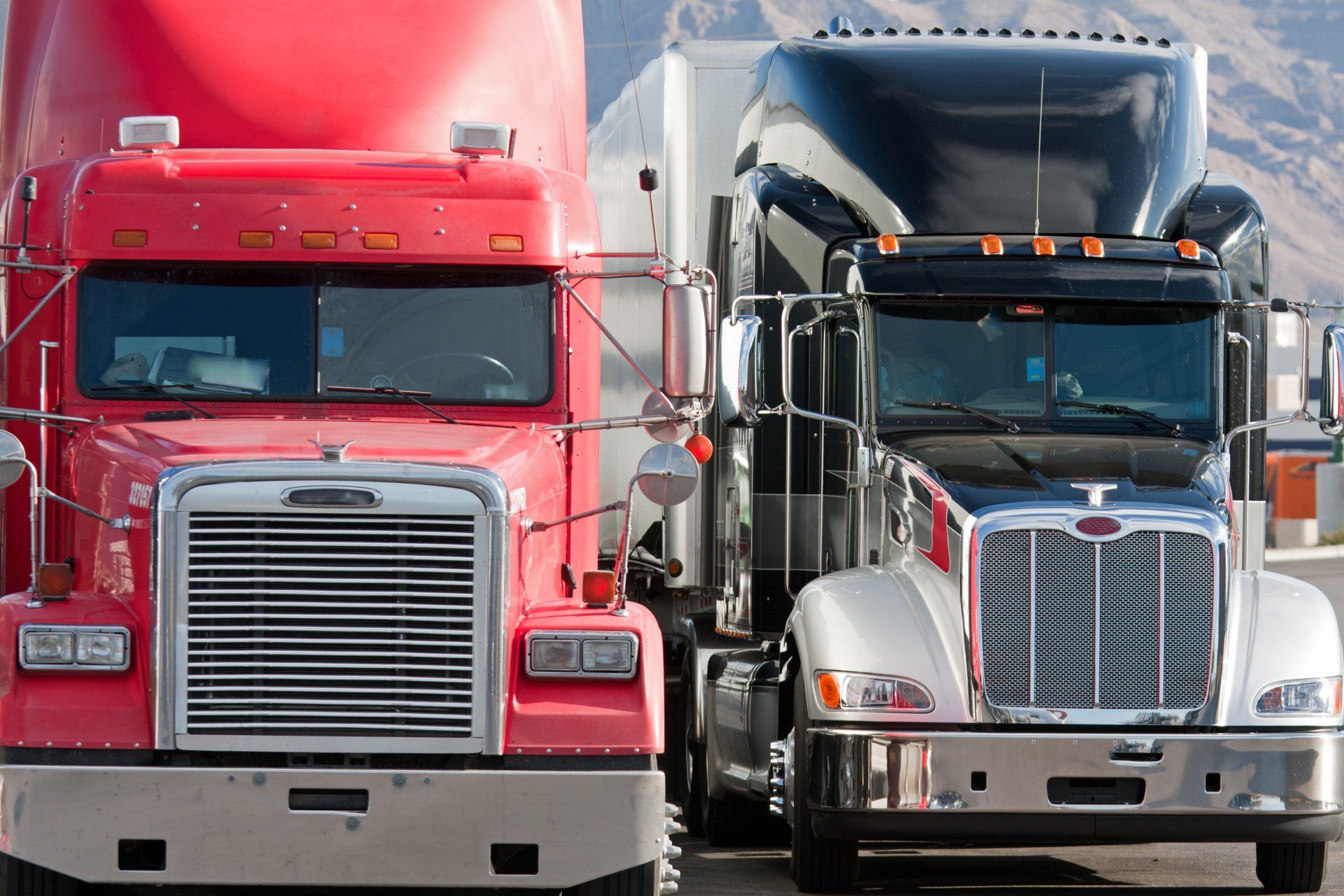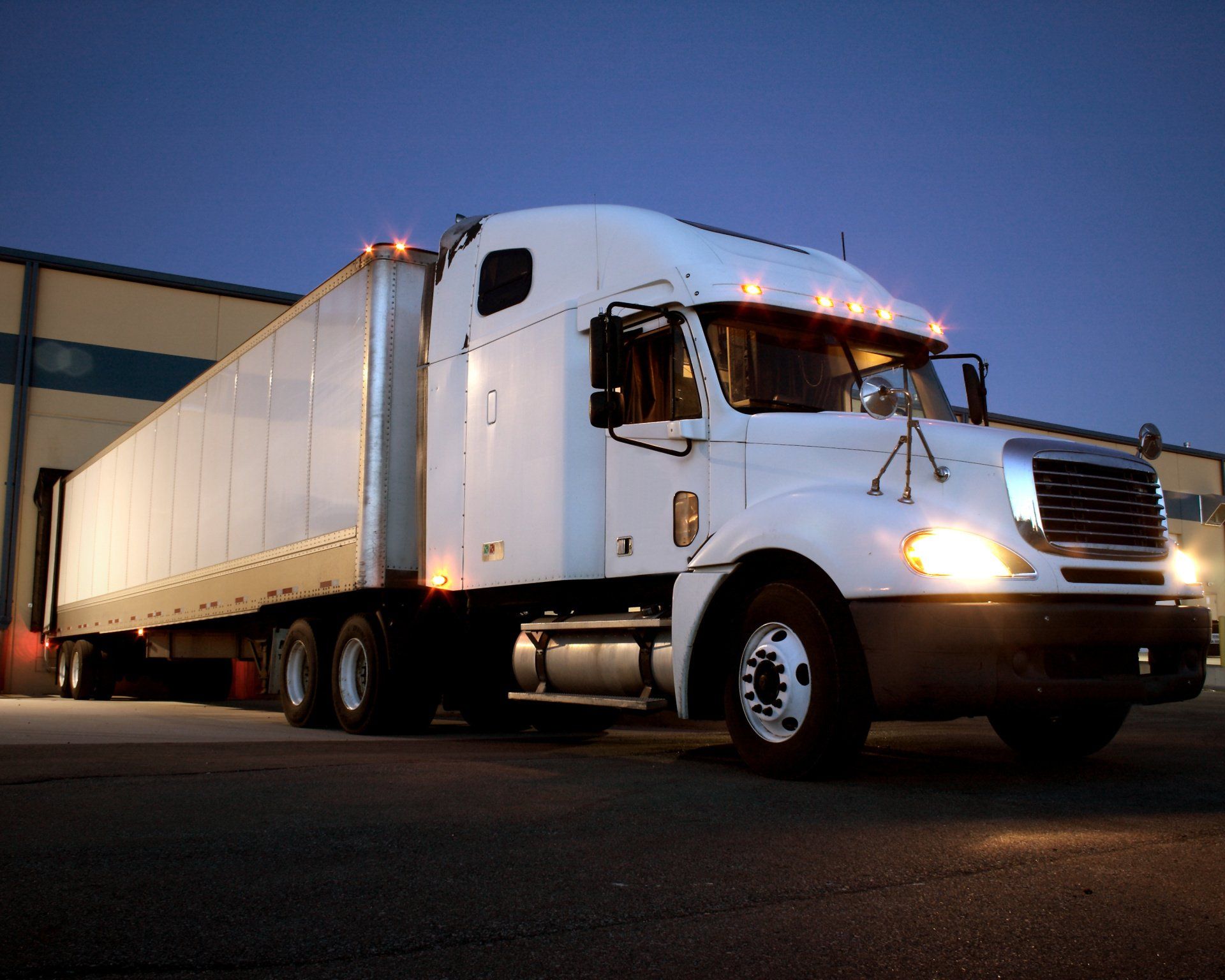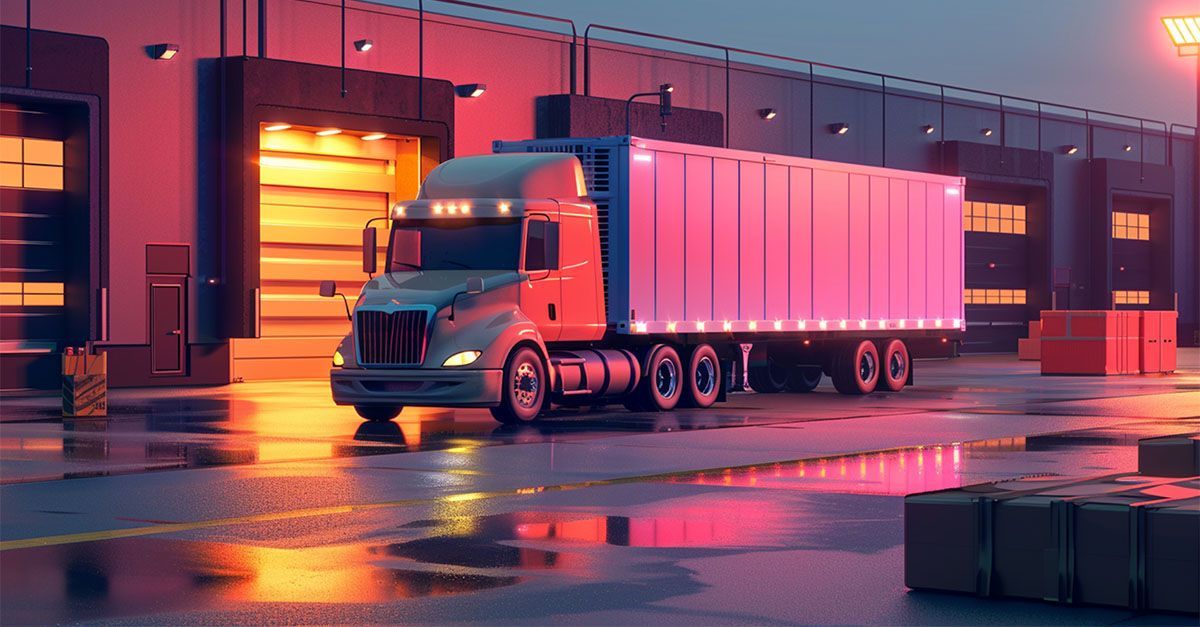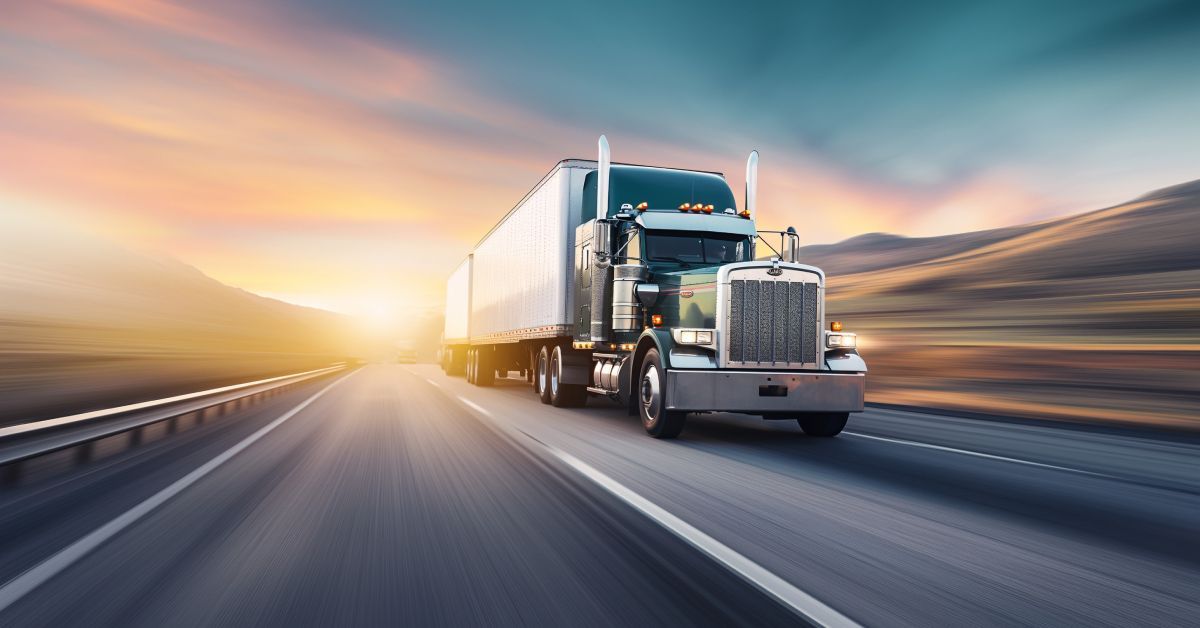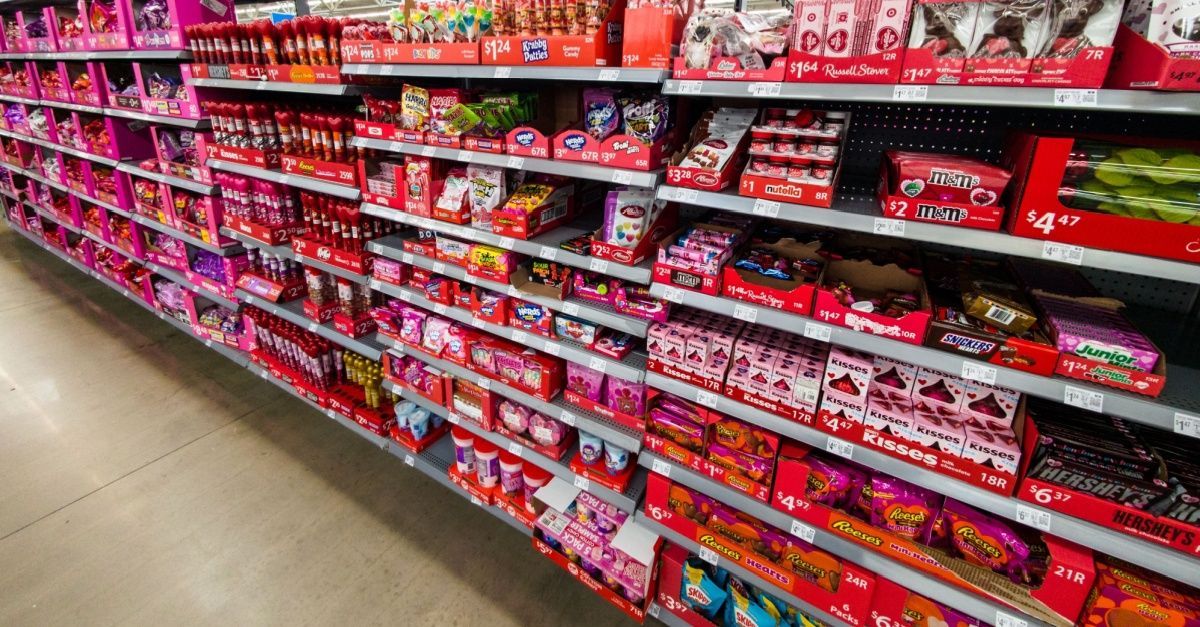Entourage Freight Solutions
Entourage Freight Solutions has an extensive background and expertise in foodservice logistics, but that’s not all we are capable of servicing. See, our experience in foodservice lends itself to an unmatched service level and extreme attention to detail in all our shippers’ needs.
By approaching every shipment, whether shelf-stable or not, with the same care and consideration as the regulation-laden industry of foodservice, we are able to achieve a higher service level on all movements.
We also leave nothing to chance, tracking all legs of transportation and driver activity to maximize available capacity without sacrificing on quality.
Use the latest in cloud-based, GPS-enabled technologies, our platforms can track drivers regardless of their location, continuously reroute shipments based on the dynamics at play, such as weather or traffic, and account for real-time changes in market rates.
This added level of visibility helps our team provide the best service possible at an affordable rate without skimping on our commitments. Plus, our services are unsurpassed and include a broad range, as follows:
Ship Freight With Us
full
truck load
Full truckload (FT) for shipment requiring a dedicated, whole truckload for shipping.
Less Than
Truckload
Less than truckload (LTL) for companies moving multiple LTL shipments to different locations or consolidating LTL goods from other companies to get a lower all-in rate.
refrigerated trucking 'reefer'
Refrigerated trucking or “reefer” transportation to avoid spoilage and damage to temperature-sensitive goods.
cross
docking
Locations in Shelby, Ohio, Cedar Rapids, Iowa, and Romulus, Michigan that serve as cross-docks for strategic consolidation, storage, and end-to-end distribution programs.
special
projects
Special projects, i.e., construction, trade show logistics that can help the smallest of trade show shippers through the biggest fairs find capacity when needed.
retailer
shipping
Retailer shipping management of both inbound and outbound logistics to accommodate rising demands of e-commerce and beyond.
dc-to-dc
transfers
Distribution center to distribution center transfers for inventory management, creating stronger omnichannel fulfillment and visibility into your carrying costs and cost of transportation too.
grower-shipper
freight management
Grower-shipper freight management, perfect for farm-to-store-to-customer food traceability and shipping execution.
food
manufacturing
Food manufacturing, whether that’s finished, shelf-stable goods or frozen, temperature-sensitive items.
freight
management
Freight management solutions that help shippers build a strategy from the ground up and account for changes within the rates of trucking, seasonality of goods and beyond.
drop trailer
programs
Drop trailer programs to leverage more capacity and maximize available drivers, including working with shippers to launch pop-up fulfillment centers during the busiest of times.
oversize/overweight transport
Oversize and overweight goods transport, i.e., heavy-haul, specialty hauls, large equipment, hazmat and liquid transport, and bulk goods transportation.
Deeper Insight Into Our Customer Driven Focus
Entourage Freight Solutions operates around the clock and has made a simple promise to our shippers that we will answer the phone, email or text anytime, day or night. This might seem like a waste of resources, but we’ve found that being attentive to our shippers has led to the most ideal and efficient supply chain possible.
We’re able to intervene when things go wrong, which let’s face facts, they will at some point. It’s our willingness to jump in, consider the data, think about the issues occurring, and immediately find a solution that has led
Entourage Freight Solutions to success. We can connect shippers with carriers around the country regardless of what type of transportation is needed.
